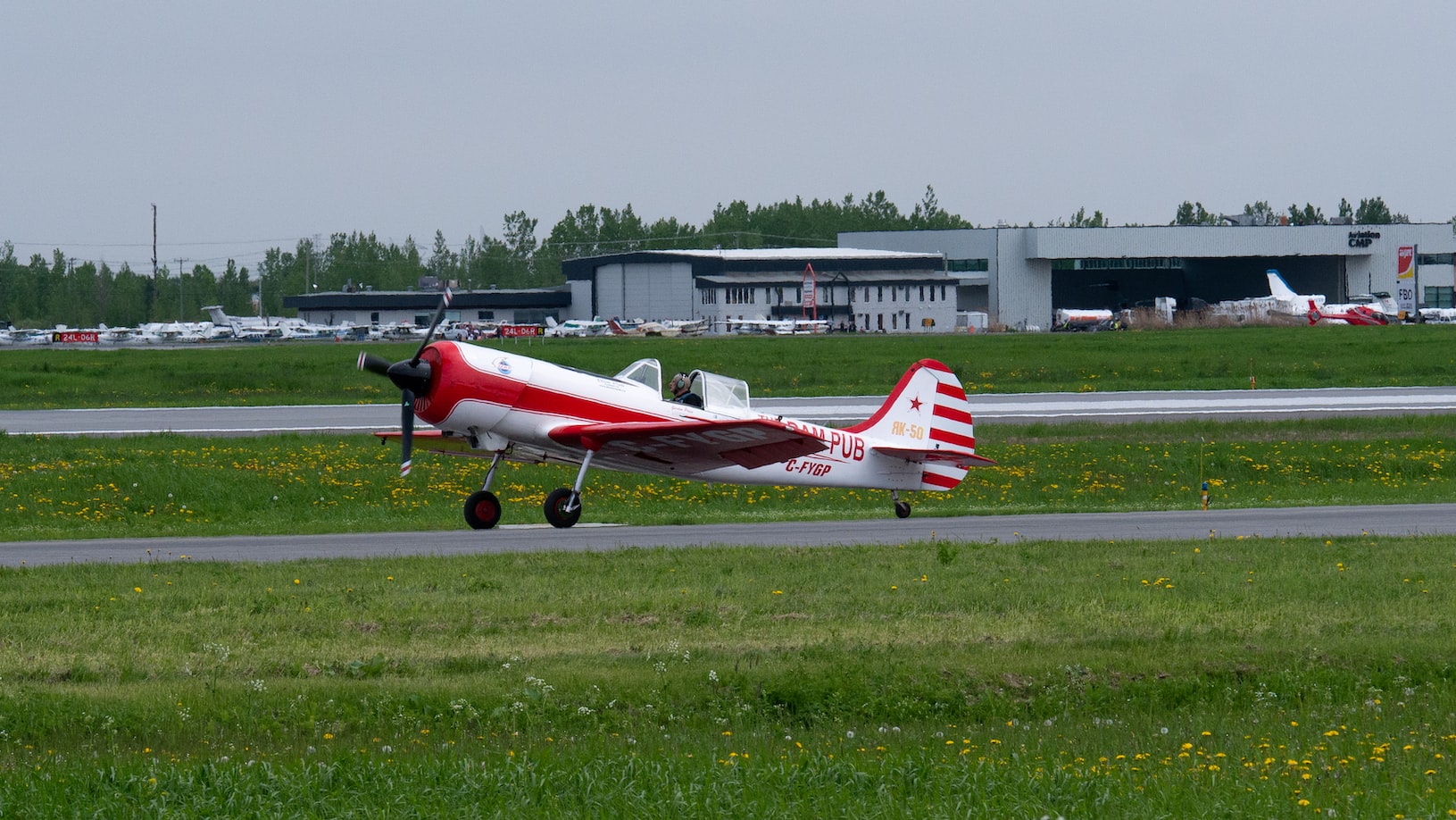When it comes to ensuring the safety of air travel, the role of flight simulators in pilot training cannot be overstated. Flight simulators are sophisticated training devices that replicate the experience of flying an aircraft, allowing pilots to hone their skills and experience a wide range of scenarios in a safe and controlled environment. In this article, we’ll explore the role of flight simulators in pilot training and aviation safety and examine the ways in which they are used to improve the safety and reliability of air travel.
Realistic Training Environments
One of the most important ways in which flight simulators improve aviation safety is by providing pilots with realistic training environments. Flight simulators are able to replicate a wide range of scenarios, including emergency situations and adverse weather conditions, allowing pilots to experience these scenarios in a safe and controlled environment.
By providing pilots with realistic training environments, flight simulators help to prepare them for a wide range of situations that they may encounter during actual flight. This helps to reduce the risk of accidents and other issues by ensuring that pilots are well-prepared and able to make informed decisions in any situation.
Cost-Effective Training
Flight training can be expensive, and the cost of training can be a significant barrier for many individuals who are interested in becoming pilots. Flight simulators offer a cost-effective alternative to traditional flight training, allowing pilots to hone their skills and gain experience in a safe and controlled environment without the need for expensive aircraft or fuel.
By providing a cost-effective training option, flight simulators help to increase access to pilot training, allowing more individuals to pursue careers in aviation. This helps to ensure that the aviation industry has a steady supply of skilled pilots, which is essential for ensuring the safety and reliability of air travel.
Risk-Free Practice
One of the most significant benefits of flight simulators is that they allow pilots to practice a wide range of scenarios in a risk-free environment. This means that pilots can make mistakes and learn from them without putting themselves or others at risk.
By allowing pilots to practice in a risk-free environment, flight simulators help to improve the safety and reliability of air travel. Pilots are able to gain experience and hone their skills without the risk of accidents or other issues that could compromise safety.
The Importance of Flight Simulators in Aviation Safety
Flight simulators play a critical role in ensuring the safety and reliability of air travel. By providing pilots with realistic training environments, offering a cost-effective training option, and allowing pilots to practice in a risk-free environment, flight simulators help to prepare pilots for a wide range of scenarios and ensure that they are well-equipped to handle any situation they may encounter during actual flight.
In addition to improving pilot training, flight simulators also play an important role in aircraft development and testing. Aircraft manufacturers use flight simulators to test new designs and technologies, ensuring that they are safe and reliable before they are put into service.
In conclusion, the role of flight simulators in pilot training and aviation safety cannot be overstated. By providing pilots with realistic training environments, offering a cost-effective training option, and allowing pilots to practice in a risk-free environment, flight simulators help to improve the safety and reliability of air travel. By continuing to embrace the latest technologies and best practices in flight simulation, the aviation industry can continue to improve the safety and efficiency of air travel for generations to come.

